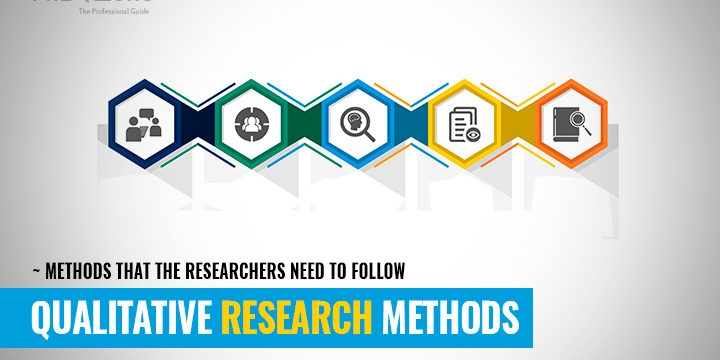Qualitative Research Methods: To move on with this research method, first, we have to know what qualitative research method is. In general, qualitative research is an enquiry to analyze the conveyed information through natural settings of language and behavior. Additionally, this is useful in capturing the information that is expressive and which is not conveyed in quantitative research.
Table of Contents
Contrasting Facts of Qualitative Research Methods
Usually, the qualitative research includes contextual inquiry whereas the qualitative research includes analysis of clickstream. Additionally, the qualitative method comprises of interviews, document studies, focus groups, and usability testing. On the other hand, quantitative research includes remote card sorting, unmoderated sort, A/B test, first click test, and surveys of net promoter score in PhD Paper Writing.
Common Qualitative Research Methods
Here are some methods of qualitative research.
- One to one Interview
- Focus Groups
- Ethnographic research
- Content analysis
- Case study writing service
One to One Interview
To point out, Interviews are one to one enabled conversations. This is useful to get the in-depth comprehend of opinion, behavior, and attitude. In the same way, it is an exceptional chance to know more about the personal traits as well as to dig deep with the person to acquire what you need from that particular personality.
Usually, interviews are semi-structured and comprise an open question list which is more flexible that permits the facilitators to obtain the required topics. In the same way, Interviews are also fairly stretchy because they do not essentially have to be accompanied face to face. If there are a tight time and resources, they conduct as well via phone or skype.
Focus Groups
Customarily, Focus groups combine of observation and interviews elements. In this phase, the process involves 8 to 12 members to make a discussion on the given particular topic. On this discussion, your every action will be monitored and noted to value your performance, attitude, behavior, and so on. Focus groups meetings are assisted by a researcher and are typically organized around a set of queries for the group. The victory of a focus group centers on its group dynamic, and it is the organizer’s job to retain the flow of conversation. Because of this group discussion, it is possible for the observers to unobtrusively sit in the same place and take unique notes of the process. Therefore, focus groups play a vital role in the qualitative research presentation method.
Ethnographic Research
Certainly, this ethnographic research gives the elaborated details to the researchers on their research. This research will help the PhD assistance to know more about their research, and this is of two types to simplify the researchers work. The ethnography research is classified into two categories as classic and contemporary. To mention that, classic research is dissimilar with contemporary due to its parameters, features, libraries, and so on.
Content Analysis
Usually, content analysis refers to the observation of the research completely, and this is much useful for scholars to identify what position they are in their research blog. Additionally, this is the most significant phase of the researchers to complete their research successfully. To point out, the first thing in any investigation is about observation. The content analysis is the right way to observe what truly happening in the research.
Case Study Research
Specifically, the case study is the process of self-analyzing and projection of one’s idea. In the PhD research, this applies to all processes such as for every writing of the research. They are thesis Editing and synopsis writing and dissertation writing. Thus the case study is more vital among all the process of the research.
Advantages
- Gaining valuable Insights
- Flexibility
- Scalability
- Understanding contextual environment
Disadvantages
- Time consumption
- Difficult to communicate the research value
As a result, the qualitative research method is worth to follow for every process instead of practicing a quantitative research method. Visit PhDiZone








